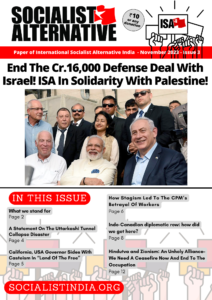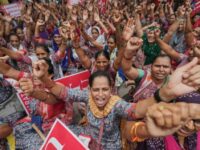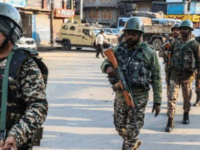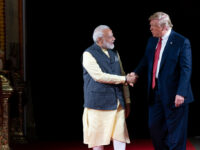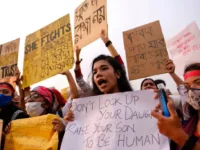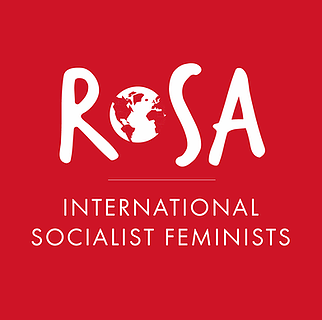Nanguneri attack shows failure of DMK to confront casteism in the land of Periyar
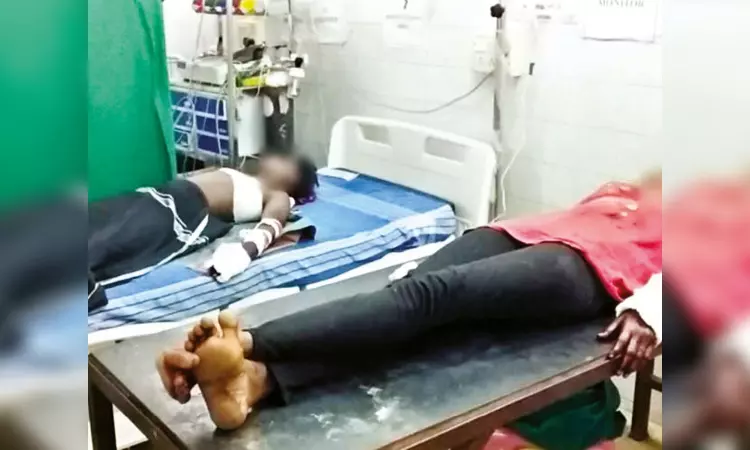
Closing in on the 50th anniversary of Periyar’s death, the affliction of caste is a disease which, in resisting total annihilation, is resurging in new and insidious forms. The organizations of dominant OBC’s fly caste flags, posters and banners, even marking drinking fountains and bus stops with color-coded threads, echoing the continuing history of untouchability. Children in schools are identifying their castes by bracelets and outside of school are identifying caste by the borders of their veshtis, and as the attack in Nanguneri demonstrates, carrying out a campaign of terror and violence against their Dalit classmates.
Ambedkar wrote in 1936: “A Hindu’s public is his caste. His responsibility is only to his caste. His loyalty is restricted only to his caste. Virtue has become caste-ridden, and morality has become caste-bound. There is no sympathy for the deserving. There is no appreciation of the meritorious.” How fitting this is, nearly a century later! Indeed, the Adi Dravida boy who was attacked was a model student, and this was the reason he was victimized. At his government school in Valliyoor, he was held as an example for other students to look up to. Yet to the caste-fanatics who struck him and his sister with a sickle in an attempt to murder him, this was a cause of shame for their community. Nanguneri is one small village in Tirunelvi, itself one of 38 districts in Tamil Nadu, one of 28 states in India, yet jati remains the primary driver of identity for these children not yet old enough to vote.
The relationship between Adi Dravida and Thevar communities is more than just a question of prestige. This antagonism is powered by the material relations between the two. Thevar moneylenders are the main creditors of Adi Dravida (AKA Paraiyar) debtors and charge extortionate interest which often leads to default. Many defaulters are forced to surrender land as payment, or their land is simply stolen through a process of encroachment which is hinged on the leasing of land as payment for debts. The police, far from acting as a peacekeeping force in the conflict, often use caste conflict as an opportunity for their own corrupt gains, and are well-known as enablers, instigators and perpetrators of caste violence. Take for example the 2015 case of Dalit DSP Vishnupriya in Coimbatore, whose unexpected suicide had striking parallels to the Gokulraj case, in which a false suicide note had been planted on the victim, and which she had been investigating.
The DMK prides itself on the legacy of legends such as Periyar, Iyothee Thass, and Anna, but its modern iteration has consistently failed. Corruption has caused it to turn a blind eye to wealthy caste folk who have organized and committed atrocities such as in Ottanendal village in 2021, where a so-called “Oor Panchayat” (a caste mafia designating itself in control of village affairs) punished Dalit elders for organizing a festival without the consent of the Vanniyars by harassing them and forcing them to prostrate, and of Azhagammal, who was beaten by TN police officers after reporting illegal extortion by her own village’s “oor panchayat”. In the case of Ottanendal, a DMK MLA of the Vellalar caste hurled insults at the Dalits who demanded justice. It was also known for years that now-disgraced minister Senthil Balaji was taking bribes and dealing out TASMAC permits irregularly, with money also going from his TASMAC embezzlement into his Gounder (Vellalar) caste as well. Yet Stalin himself, after publicly criticizing Balaji’s corruption, has now opportunistically come to his aid, providing ammunition to the BJP in the process.
Does the DMK support casteism? While the official answer may be “no”, it is clear that there is a “don’t ask, don’t tell” policy with regards to the casteist conduct of its members as well as the mafia-like rule of the oor panchayats in the villages. On every level, from the local to the CM’s office, there is a systematic failure of the Tamil Nadu government to live up to the legacy of the Dravidian Movement by consistently challenging caste discrimination and violence to the aim of ending it permanently. Yet this is not just a failure of the DMK and AIADMK, it is also a core facet of capitalism. The caste organizations and temples, with their massive coffers and influence over the levers of power, are able to buy and sell politicians like trading cards, and the political parties pay deference to them in public and private. As the 12 hour law fiasco demonstrated, the things that we hold sacred are always under attack, even sometimes after decades of stability.
If caste is a festering wound in Indian society, capitalism is the knife which continues to cut it open. The knife must be removed so that the wound can heal. We must always fight ferociously against casteism wherever it appears, even and especially in this capitalist system, but in the long run, it is only through destroying the material basis of caste hierarchy that we can truly begin to recover.
Justice for the victims in Nanguneri! Solidarity with the Dalit resistance! End casteism! For a united working class!
